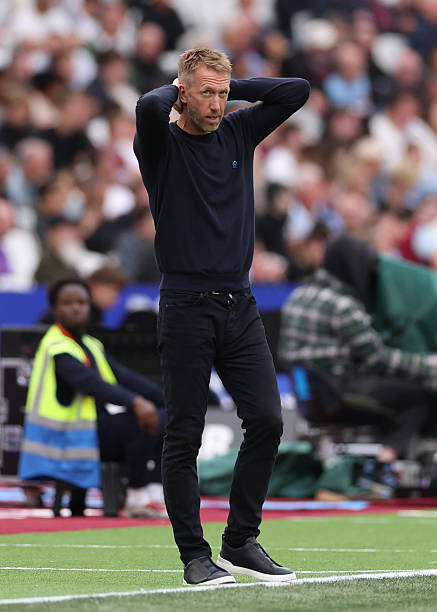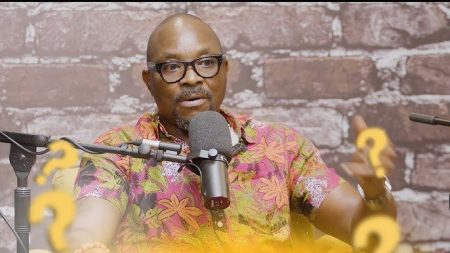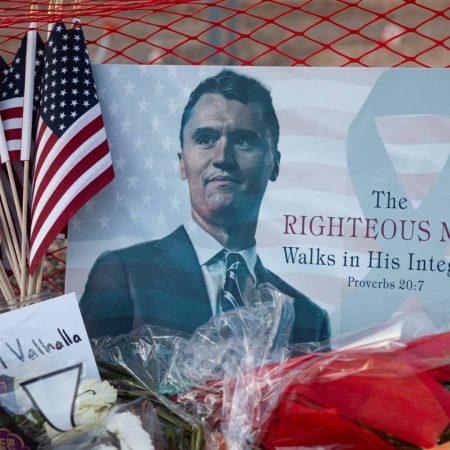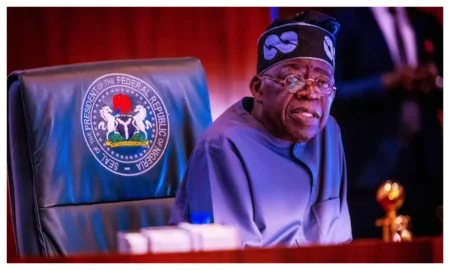West Ham’s early-season struggles reached a breaking point on Saturday as pressure mounted on head coach Graham Potter following a 2-0 home defeat to Crystal Palace. Eight months into a two-and-a-half-year contract, Potter’s position is under intense scrutiny, with the club quietly beginning to explore potential managerial replacements.
The loss to Palace marked West Ham’s fourth defeat in their opening five Premier League fixtures and their third consecutive home reverse, each coming against London rivals Chelsea, Tottenham, and now Palace. The London Stadium faithful, already frustrated with the board’s stewardship, turned their ire on Potter, chanting “sacked in the morning” as the Hammers slumped again in front of their home supporters.
Multiple sources have confirmed that West Ham have started identifying possible successors. Among the names under consideration is Nuno Espírito Santo, dismissed recently by Nottingham Forest. Slaven Bilić, a popular figure who previously managed and played for the club, is also thought to be in the frame, at least on a short-term basis. Gary O’Neil, formerly of Bournemouth and Wolves, has also been noted as available.
There is an acknowledgment within the club hierarchy that dismissing Potter after only five league games would be far from ideal. Yet the fact discussions about replacements are underway reveals how precarious the 50-year-old’s tenure has become. Potter has overseen 25 matches since his January appointment, winning just six—a record worse than predecessor Julen Lopetegui, who managed seven victories from 22 games.
Saturday’s defeat was particularly damaging. Palace boss Oliver Glasner saw his side execute a clinical plan, while West Ham’s lack of invention and confidence was painfully evident. Despite Potter describing the performance as “spirited,” the lack of cutting edge left supporters unconvinced.
“It’s tough, the results are not what we want at all,” Potter told Match of the Day. “I feel for the players, supporters, everybody connected with the club. We have to stick together and find a solution.”
Pressed on whether he retains the backing of the board, Potter replied: “Yeah, I’ve no reason to think not.” Yet the atmosphere inside the ground told a different story.
Before kick-off, thousands of fans protested outside the stadium, calling for chairman David Sullivan and vice-chair Karren Brady to step down. Afterward, the focus shifted squarely onto the manager. Former England striker Wayne Rooney, speaking to BBC Sport, did not mince words: “It feels like, with the protests this week, that the fans want him out. It’s going to be an interesting 48 hours to see whether the board come out and back him or make a decision.”
Ex-midfielder Danny Murphy was equally blunt, saying: “It was the lack of creativity. West Ham fans expect more, they’ve spent money in the market. Now the confidence is depleting as the games go by. It’s not looking good for him.”
West Ham’s inability to win at home since 27 February is central to the growing dissatisfaction. With Everton up next before a daunting clash with Arsenal prior to the international break, Potter is running out of time to find a response.
For a coach whose reputation was built at Brighton on steady improvement, progressive football, and player development, this turbulent start has been bruising. The challenge at West Ham—a club weighed down by fan discontent and higher short-term expectations—has proven far more unforgiving.
Ultimately, Potter’s fate may rest not only on the board’s patience but also on his ability to spark a rapid turnaround. Should results continue to slide, West Ham may feel they have little choice but to act, ushering in yet another new chapter at a club where stability has become increasingly elusive.









